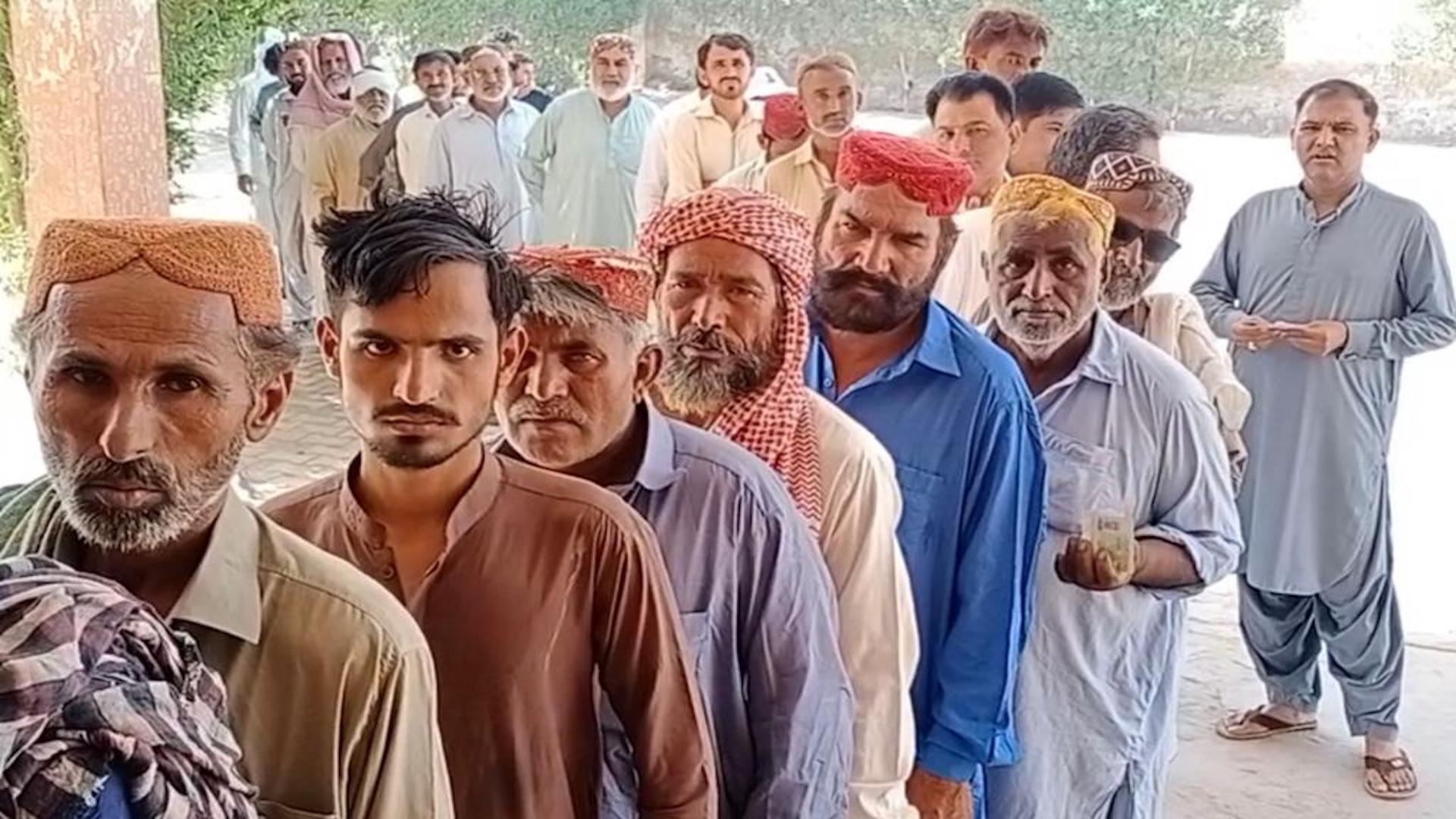As Pakistan gears up for the general elections scheduled for February 8th, a sense of disillusionment and skepticism about the future prevails in the province of Balochistan. The people of Balochistan seem to have lost faith in the parliamentary system and the very representatives who are supposed to champion their cause. The province is grappling with the need for substantial change as its people lose trust in the political institutions of the country.
Reflecting on the 2018 elections, where Imran Khan’s PTI secured victory amidst allegations of collaboration with the powerful military establishment, the political stage in Balochistan appears even more convoluted as the upcoming polls near. The complexities are heightened as former prime minister Nawaz Sharif makes a controversial return to the political arena, accompanied by allegations of systematic cleansing of those not aligned with his cause.
Balochistan becomes a battleground for political engineering, where power corridors employ familiar tactics to stifle opposition and shape the electoral narrative, leaving the province in a crisis.
The echoes of 2018 continue to be heard as similar tactics, such as sidelining the National Party, another key nationalist political group in Balochistan, continue to pose a threat to democracy in the province.
These repeated tactics, exemplified by the initial rejection of Sardar Akhter Mengal’s nomination papers, threaten to worsen the already extensive political grievances in Balochistan. The province is already grappling with long-standing humanitarian crises, and the people’s disillusionment with the federation intensifies as they perceive a lack of interest in addressing their urgent issues.
The gap between Balochistan and the central government is growing, fueled by a sense of neglect and frustration resulting from electoral maneuvers that seem to undermine the essence of democracy. At this critical juncture, the province risks drifting further away from the federation as Balochistan’s people question the commitment of the broader political landscape to genuinely resolve enduring crises.
Ahead of the general elections, Balochistan finds itself marginalized, overshadowed by the strategic interests of mainstream political parties.
For example, concerns arise with the selection of candidates from Nawaz Sharif’s party, PMLN, for the upcoming election. The party’s decision to prioritize so-called “electables,” who are perceived to be aligned with power corridors, rather than candidates committed to public welfare, adds to the apprehensions.
The people of Balochistan fear that governments acting as proxies for the powerful military will advance their self-serving agendas at the expense of the public’s well-being. This fear is reflected in the voter turnout during the 2018 elections, which was notably lower in Balochistan compared to the national average. This stark contrast increases anxieties about further political manipulation and a growing disconnect between the aspirations of the Baloch people and the political processes in the rest of the country.
Ahead of the general elections, Balochistan finds itself marginalized, overshadowed by the strategic interests of mainstream political parties. With only 16 national assembly seats out of a total of 266, the province becomes a pawn in the larger political game. This marginalization leaves Balochistan in the hands of “electables,” political figures driven more by opportunism than a genuine commitment to principles or the welfare of the people. This results in a longing for genuine representation and a political landscape that reflects the diverse aspirations of the Baloch people.
Balochistan, the largest province of Pakistan, faces a range of challenges, from health and education to climate change and human rights violations. The struggle for justice in the province takes place in the context of enforced disappearances and extrajudicial killings, creating a symphony of crises that resonates through its communities.
The haunting specter of enforced disappearances and extrajudicial killings casts a shadow over Balochistan, portraying a region grappling not only with the tangible difficulties of daily life, but also with the intangible toll of denied rights and deferred justice. Despite these interconnected crises, the people of Balochistan persevere, seeking not just survival, but a future where the symphony transforms into progress and lasting peace.
In the whispers of Balochistan, the recent long march stands as a poignant testament to the deep distrust among the people. This march, which has now turned into a persistent camp at the National Press Club in Islamabad, is an impassioned plea against enforced disappearances. It represents an expression of the people’s exhaustion and disillusionment with the current political leadership. They seek change and solace in a new leader, Mahrang Baloch, who embodies their hope for a better future.
As we navigate the complex political terrain of Balochistan, questions arise. What has truly changed in 2023? The answers may lie in the resilience of the people and their urgent call for a political landscape that genuinely addresses their aspirations and concerns.

